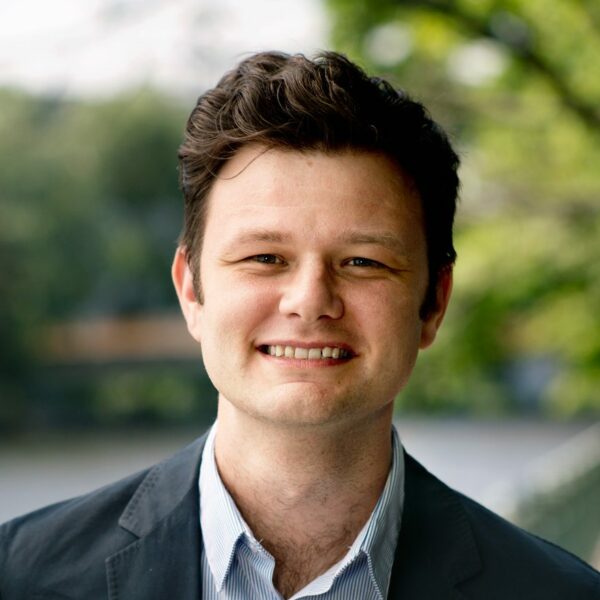The International Civil Society Centre announced today that Dr. Wolfgang Jamann has been appointed as its next Executive Director, effective 19 March 2018. Kevin Jenkins, Chair of the Board, expressed his satisfaction that one of the leading personalities of international civil society will take over the leadership of the Centre. Jenkins said: “With his extensive leadership experience in the sector, Wolfgang is perfectly equipped to guide the Centre’s work. We are very much looking forward to working together with Wolfgang for the benefit of civil society world-wide.”
Wolfgang Jamann has more than 20 years of experience in development assistance and humanitarian response, most recently as Secretary General and CEO of CARE International. He has lived and worked in Africa and Southeast Asia. Prior to his current role at CARE, Wolfgang was CEO and Chair of Welthungerhilfe, a leading humanitarian and development CSO in Germany. Earlier in his career, he worked in different roles and countries for Care, World Vision, the United Nations Development Programme, and the German Foundation for International Development.
Jamann stated: “People in many countries are facing poverty and hunger, oppression and exclusion, and citizens’ rights are increasingly violated. At the same time, digital communication, new forms of activism and a new generation of global citizens present unique opportunities to secure better lives for all people on our planet. I am very grateful for the opportunity to lead the Centre into its next decade, and excited about the space for collaboration and learning that the Centre brings to the sector to address these challenges together.”
The Centre’s co-founder and first Executive Director, Dr. Burkhard Gnärig shared his excitement about the appointment: “I couldn’t have wished for a more experienced and better equipped successor”.
The International Civil Society Centre helps the world’s leading international civil society organisations maximise their impact for a sustainable and more equitable world. The Centre develops strategies for navigating change, scans the horizon for exciting opportunities, enables learning and cooperation among civil society organisations, supports them with developing effective leadership and promotes robust accountability. Based in Berlin, Germany, the Centre is a not-for-profit organisation owned by 15 of the world’s leading international civil society organisations.
For enquiries or further information, please contact Helene Wolf, Deputy Executive Director at hwolf@icscentre.org or +49 30 20 62 46 97 – 16





